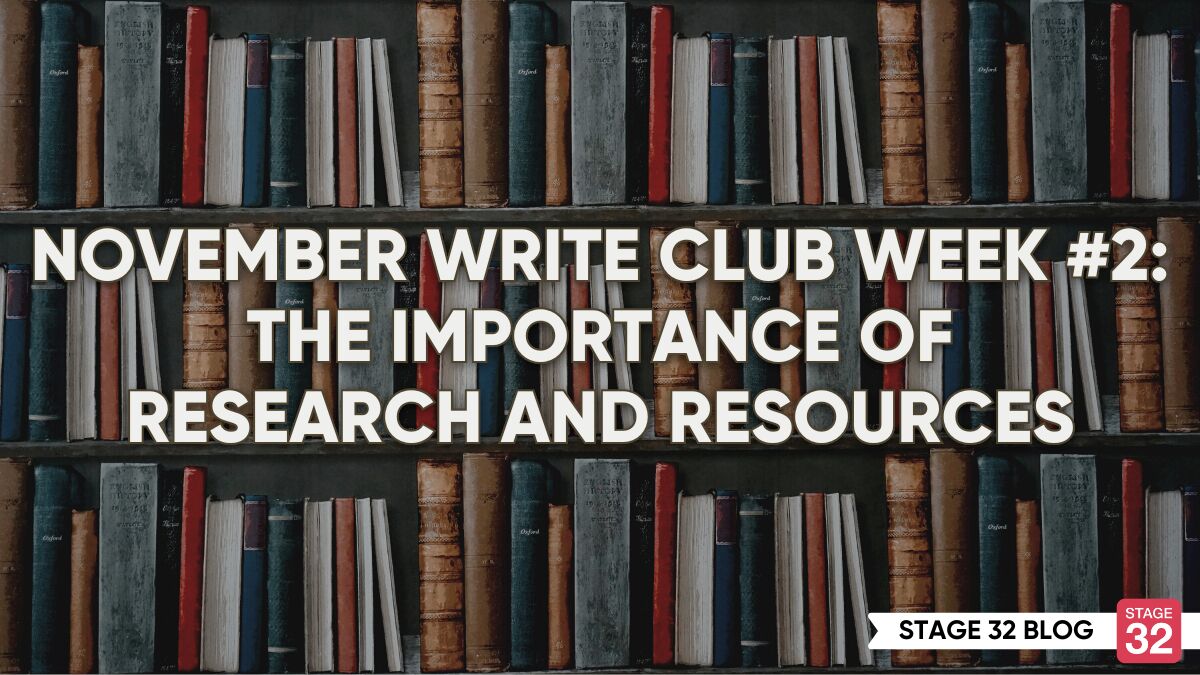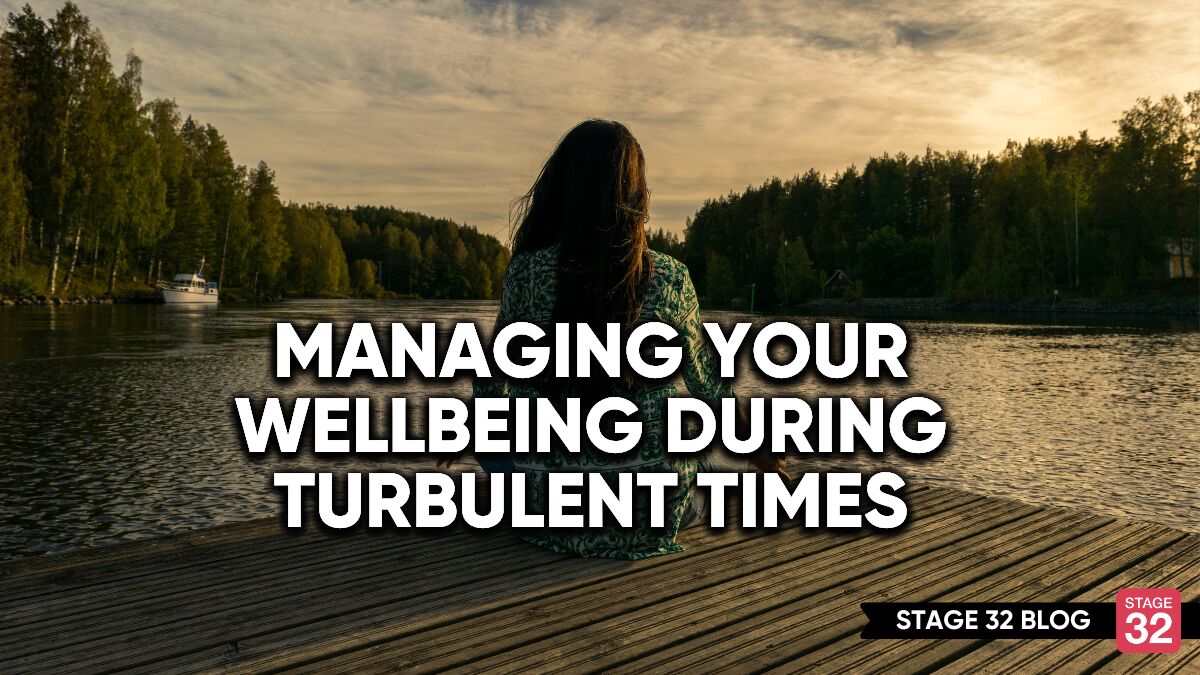Managing Your Wellbeing During Turbulent Times
The world keeps spinning, and so do our heads—hurricanes in Maui, earthquakes in Morocco, floods in Libya, and now the Israel-Hamas war. We are inundated with media filled with horrific and disquieting sounds and images. You want to be engaged, to keep up with world events, yet it can be paralyzing. What to do?
My book about happiness came out on October 10th, which happened to be Mental Health Day. Amid all the atrocities going on right now, you may feel that this is not the best time to be reading a book about happiness. However, I would like to suggest that perhaps it is. In the years I have been studying this topic, what I have concluded time and again is that happiness is another word for resilience. We learn happy people's qualities, virtues, and habits to help navigate challenging times.
I Would Like To Suggest A Few Things That Can Help All Of Us Right Now
Choose only a few sources for coverage of news events. Trying to read or watch everything is too overwhelming.
Limit the time spent consuming news throughout the day, so you are not constantly taking in a barrage of reporting throughout the day—the sounds and images. Set a half hour in the morning and a half hour in the evening.
Turn off notifications to help avoid being pulled into media coverage and continuing to stay in a state of upset.
An hour before you go to bed, shut off all screens to give yourself a moment to settle down. Allow yourself the space to set yourself up for a decent night's sleep so you can function more effectively the next day.
See where there is light in the darkness, the attempted humanitarian efforts, the women's peace marches, and communities gathering to support each other. It emotionally helps to acknowledge that all kindness is not wholly lost.
Minding Your "Information Environment."
In an excerpt from my book, I start with a story inspired by a social media post from a local newscaster in my home city. It drives the point about the importance of being aware of the content we consume each day.

At the time, Christina Pascucci was a reporter and anchor for the independent news station in Los Angeles, KTLA. She went out in the trenches every day, often posting her thoughts about news reporting on social media. One post in particular got to the heart of what I want to talk about here.
“It’s been a really intense week. I covered a lot of death. I hugged sobbing family members of fallen police officers, saw footage of two women’s bodies after they were killed in a street takeover, went to knock on a door of a shooting suspect and realized I was standing on his trail of blood. And yesterday, I spent the day covering the Capitol riot hearing which was draining in a ‘worried about the future of my country’ kinda way. Today, I covered former President Trump’s first public response to it all. It’s. So. Much. News peeps, I hope you are looking out for yourselves, your minds. We take in a lot. Take care of yourself.”
Christina is right. We do take in a lot, perhaps not to this extent, though the bombardment of information and people we are regularly exposed to can be taxing, and we do not always realize it. The invitation is to become aware of the messaging in your environment and how you internalize it. Do you modulate the barrage of news, information, and marketing on all your internet devices, television, and radio?
We spend about a third of our waking lives across various internet-powered devices. Our global internet consumption hit five billion users in April of 2022, almost two-thirds of the world’s population. Of this number, four billion seven hundred thousand were social media users, spending an average of 147 minutes daily on their devices. That is a lot of information consumed throughout the day, and the type of content directly impacts you.
Think about your people consumption as well. Who is around you? To what kind of conversations are you exposing yourself? How often do you allow the peace of a moment to be overtaken by someone else’s drama? If you are sitting in a restaurant overhearing someone at a table complaining endlessly, do you move to another table?
Presence & Awareness
Now, add in the presence and awareness of your thoughts. The two operative words here are presence, as in being present, and awareness, as in being aware of your consciousness. In several articles, Stanford Professor Fred Luskin is credited with publishing research showing the average person having more than sixty thousand thoughts per day. Eighty percent are negative, of which 90 to 95 percent are repeated from one day to the next. However, a new study from Queen’s University in Canada several years later showed this number to be much lower, around 6,200 thoughts per day, by developing a way to detect when one thought starts and stops, called “Thought Worms.” Regardless of which research number you accept, every facet of life shapes your thoughts. The news media you take in, the content of the films and television you watch, the books you read, the types of conversations you allow yourself to engage in, everything you absorb, and how much of it, matters a lot. The list just mentioned creates your environment and informs your beliefs. The brain changes through our experiences. How you mind your outer world will influence how you care for your inner world and vice-versa. Both influence what the Buddha, Gandhi, and the Bible refer to in their wisdom about creating a Happier life—the how and where you focus your thoughts matters.
Buddha: “Our thoughts shape us; we become what we think. When the mind is pure, joy follows like a shadow that never leaves.”
Gandhi: “Your beliefs become your thoughts. Your thoughts become your words. Your words become your actions. Your actions become your habits. Your habits become your values. Your values become your destiny.”
Proverbs 23:7 (NKJV): “For as he thinks in his heart, so is he.”
All this to say is during turbulent times like this, we all need to be mindful of our own wellbeing – that, as they say on an airplane, put on our oxygen mask first. We do this so we can show up for others in a better and more productive way.
Take care of yourself. The world needs you. It needs your craft. It needs your stories.
Let's hear your thoughts in the comments below!
Got an idea for a post? Or have you collaborated with Stage 32 members to create a project? We'd love to hear about it. Email Emily at blog@stage32.com and let's get your post published!
Please help support your fellow Stage 32ers by sharing this on social. Check out the social media buttons at the top to share on Instagram @stage32 Twitter @stage32 Facebook @stage32 and LinkedIn @stage-32
| How To Negotiate A Composer Agreement |
| November Write Club Week #2: The Importance Of Research And Resources |
Search Stage 32 Blog
There are now 4038 blog posts for you to enjoy. Search them all by tags below.
Acting, Advice, Cinematography, Coffee & Content, Composing, Contests, Distribution, Featured, Filmmaking, Financing, Inspirational, Networking, Producing, Screenwriting, Success Stories, Tips, Trending,Relevant Tags
Recommended Articles

7 Life Hacks For Creatives

Don't Let the Momentum of November Write Club Die: How to Stay Active Into 2026 & Beyond!

How Modern Franchises Became Our New Religion

Coffee & Content: Reinvent the Story, Reinvent the Industry

Stage 32 Certification Featured In IndieWire!

Stage 32 Featured at the 43rd Torino Film Festival!

Stage 32 + DramaBox Join Forces to Launch World's First Vertical Drama Incubator

Insider Intel: Packaging your Project- The Chicken or the Egg Dilemma

Insider Intel: 2026 Predictions








